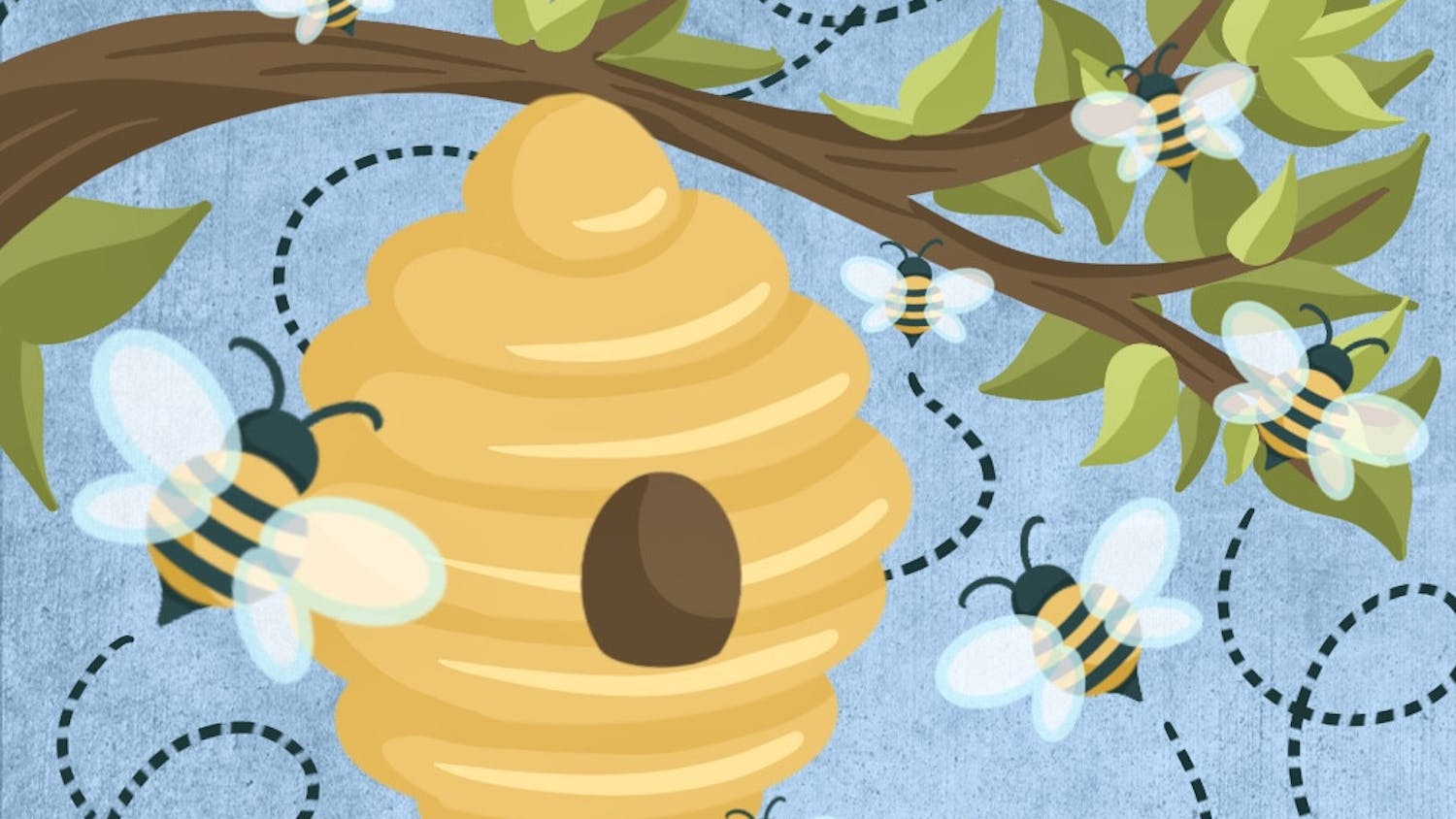Rhinos are majestic but well-armored beasts with thick skin and enormous protruding horns on their noses. Many people just see rhinos as large ferocious animals that roam the African plains and are considered among the most deadly animals in Africa.
So, why would anyone mess with a rhino — and what for? Well, in many Asian and Chinese cultures, it’s believed the horn of a rhino can cure many diseases, one of which is cancer. Due to these needs, many rhinos are being poached just for their horns. With rhino horns going for as much as $100,000 per about two pounds of horn, according to Sports Afield, it is said to be more valuable than gold, diamonds and illegal substances such as cocaine.
Poachers know this, and they continue to slaughter rhinos in pursuit of the extravagant amount of money available. A recent study found that poaching has more than doubled in recent years, and if this continues, rhinos could be extinct in the wild in about 20 years.
There have been many attempts to try to reduce the poaching of rhinos. In 1977, the Convention on International Trade in Endangered Species of Wild Fauna and Flora banned the trade of rhino horns.
Due to economic growth in many Chinese cultures, the demand for rhino horns has increased dramatically in the past five years. Many countries in Africa have increased security within their parks by hiring more rangers. A few years ago, some countries tried to help rhinos by cutting the animals’ horns off so poachers wouldn’t kill them.
This was unsuccessful for two reasons: One was that rhinos’ horns grow back, and the poachers would still kill them for just a little bit of the horn. Second was that after a poacher tracks a rhino for a day and sees one without the horn, the poacher will kill it for the simple fact that next time they poach, they won’t be tracking a hornless rhino.
There are still many ideas about how to stop poaching but not all are acceptable. The most effective way, as of today, is to increase security within rhino grazing areas, but with increased security comes the demand for more money. You can help save rhinos by donating a little money to rhino conservation programs. You’ll possibly save the rhino population for more generations to see.
Nicholas Smith is a UF wildlife and ecology senior. This guest column ran on page 7 on 12/2/2013 under the headline "Rhino endangerment is a problem"





